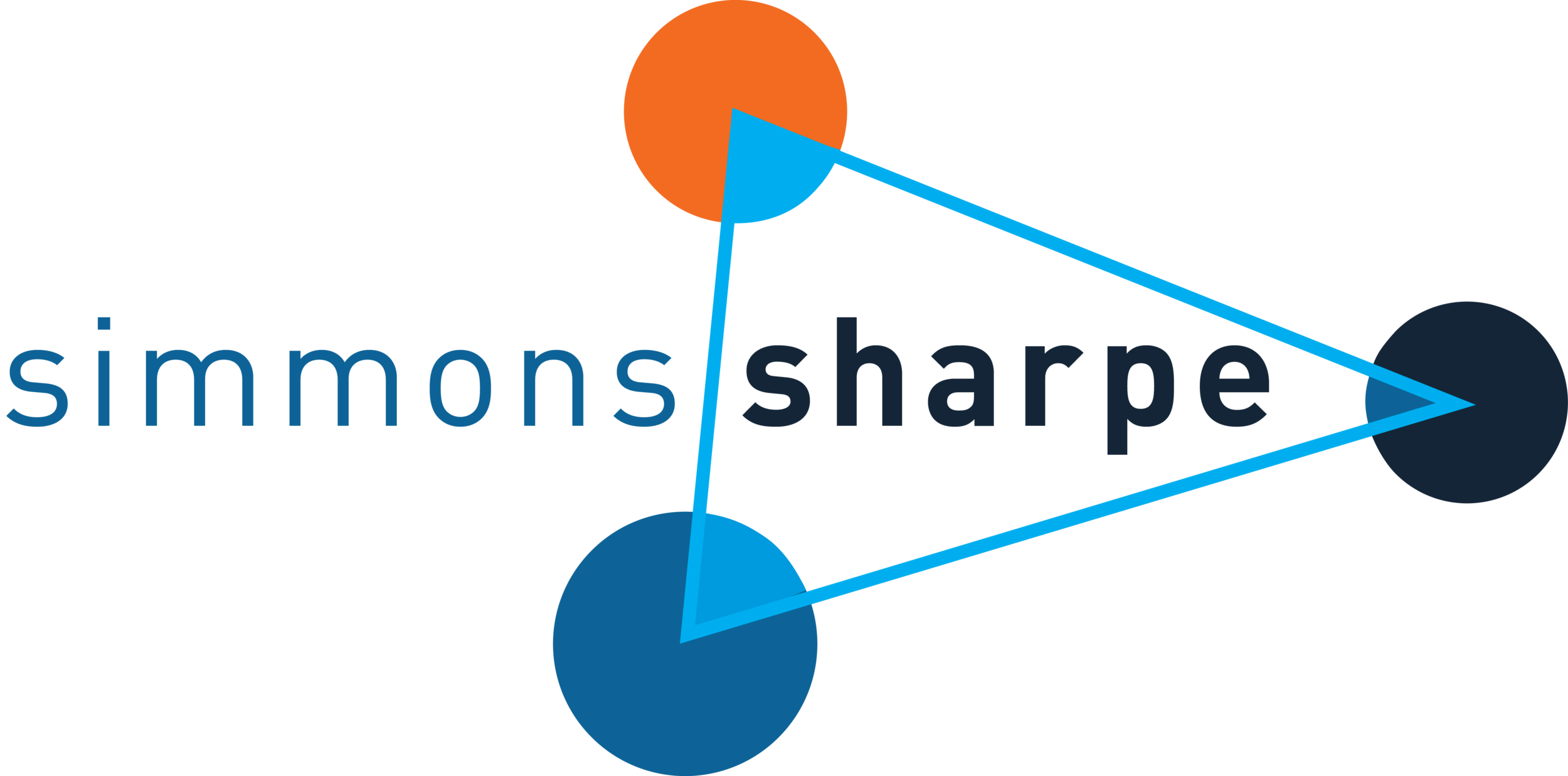Purpose Eats Profits for Breakfast
People do not jump out of bed for profits. They jump out of bed because they believe in something.
Peter Drucker, the father of management thinking, once supposedly said, “Culture eats strategy for breakfast.” We’ll borrow that and amend it to “Purpose eats profits for breakfast.” I’m a Harvard MBA, CPA, and former McKinsey consultant. I like both strategy and profits, a lot. But I like purpose more.
Profits can enable purpose, in the same way that you’re supposed to put your own oxygen mask on first, then assist the child. You need profits to survive and have the time and space to think clearly about purpose. Profits are necessary, but not sufficient.
A strong purpose accelerates trust and creates alignment between interdependent stakeholders (like shareholders, employees, customers, and the community). Purpose keeps employees motivated, engaged, and focused. It connects with the heart of employees in a way that data never will.
Our client, Top Hat, is a maker of an educational software platform. They aim to make education better by creating a more engaging and affordable classroom experience. Think their employees are motivated by their purpose?
It is important to note that you cannot merely think your way to purpose. You listen - to employees, customers, partners, and other stakeholders. Discovering purpose requires empathy and connection.
“...you do not invent a higher purpose; it already exists. You can discover it through empathy—by feeling and understanding the deepest common needs of your workforce. That involves asking provocative questions, listening, and reflecting.”
A shared purpose creates trust. Trust is the currency of our frenetic, distracted, ad-badgered age. In his new book, Think Do Say, our friend Ron Tite says that today’s consumers are like tourists standing in Times Square - so many blinking lights, they don’t know where to look next. Trust encourages consideration, engagement, and ultimately purchase in a world where consumers can’t believe the ads they read or the promises vendors make. Trust is built on authentic, quiet conversations with customers and employees over time. A strong purpose can help you find your tribe of customers, partners, and employees who share your passion.
But what is purpose? John Mackey and Raj Sisodia wrote about purpose and how it relates to mission and vision in their book, Conscious Capitalism. We’ve adapted and summarized their thoughts in the framework below.
To understand your purpose, ask your team, “What’s our legacy? What do we want to be remembered for? What do we want employees to think about their time at X company?” In our experience, the legacy question stops people in their tracks. It’s a breathtaking, pause-inducing question. This may be because legacy implies “the end,” a looking back after a career is over, or perhaps it’s just hard to summarize the collective effort and result of thousands of people over decades in a single sentence. Either way, it’s a question worth asking. Make it transcendent, and short (6-8 words):
We’d jump out of bed to support any of these. And the business results of a purpose-driven culture are compelling: employees are 13X more likely to be loyal to these organizations, and 20X more likely to say their company exhibits innovative traits. Stock market returns of purposeful companies can be 4X that of other firms.
Head and heart, purpose is good business. What’s your legacy?



